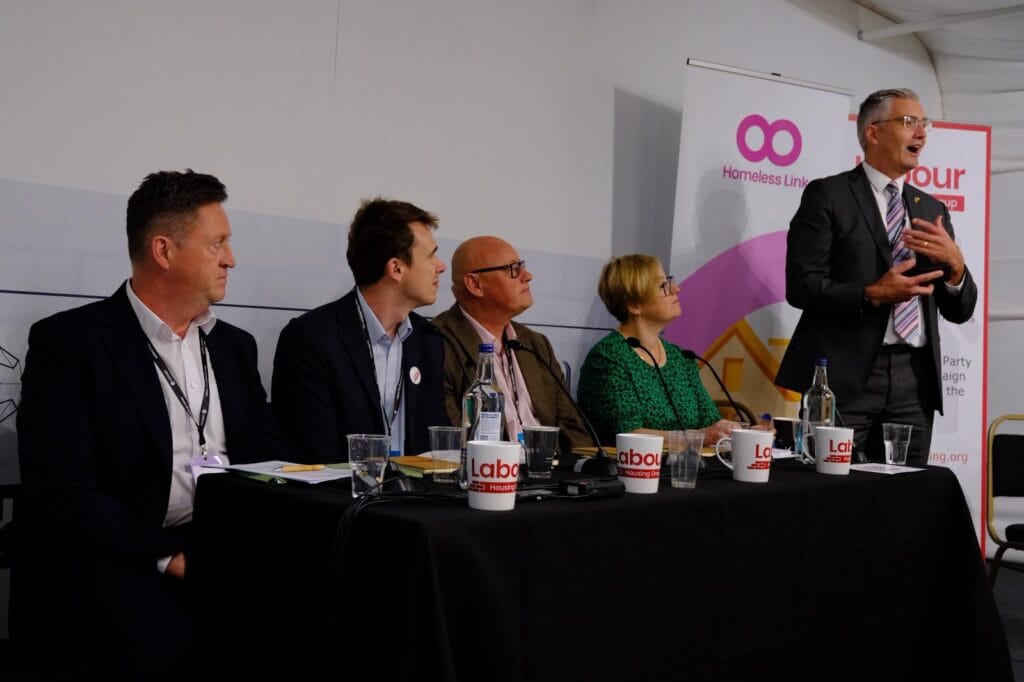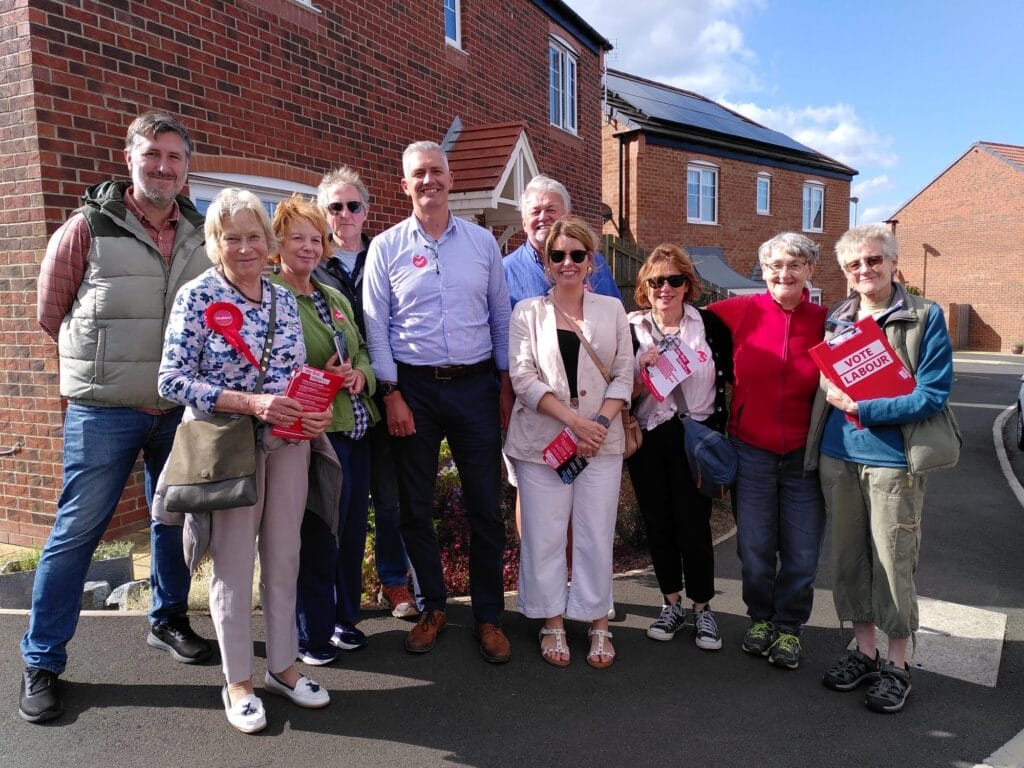Ending homelessness
A three-point approach to ending homelessness
Report launch at Labour Party Conference
In September I was proud to help launch a new report alongside my All-Party Parliamentary Group for Ending Homelessness colleagues: Bob Blackman MP, Emily Darlington MP, and Paula Barker MP.
With a strong focus on prevention, rapid rehousing, and improved support for people experiencing the worst forms of homelessness, we can genuinely consign homelessness to the history books.
Homelessness is not inevitable. Our systems and policy choices are letting people down and missing opportunities to give people the best chance to prevent and end their homelessness, but we can change this.
Over the course of four evidence-gathering roundtables, the All-Party Parliamentary Group for Ending Homelessness (APPGEH) has heard powerful testimony and robust evidence from people with lived experience, frontline workers, and policy experts. This report sets out a clear actionable path to end homelessness for good, built on a framework of three key pillars that must underpin a sustainable and inclusive approach to ending homelessness:
These are:
- Rapidly rehousing people in safe, settled, and genuinely affordable homes
- Improving support for people experiencing the worst forms of homelessness.
- Preventing Homelessness wherever possible.
‘Homelessness is not inevitable.’
-David Smith
MP for North Northumberland

About the APPG for Ending Homelessness
The All-Party Parliamentary Group for Ending Homelessness (APPGEH) was set up in response to growing numbers of people rough sleeping and upward trends in the number of homeless applications in 2016.
The APPGEH holds regular meetings with its members to discuss the issues which proceed and escalate homelessness. It aims to develop the policy solutions which will create lasting change.
The APPGEH also provides a platform for people with direct experience of homelessness to engage with Parliamentarians and key sector stakeholders and help inform the political dialogue surrounding homelessness.




